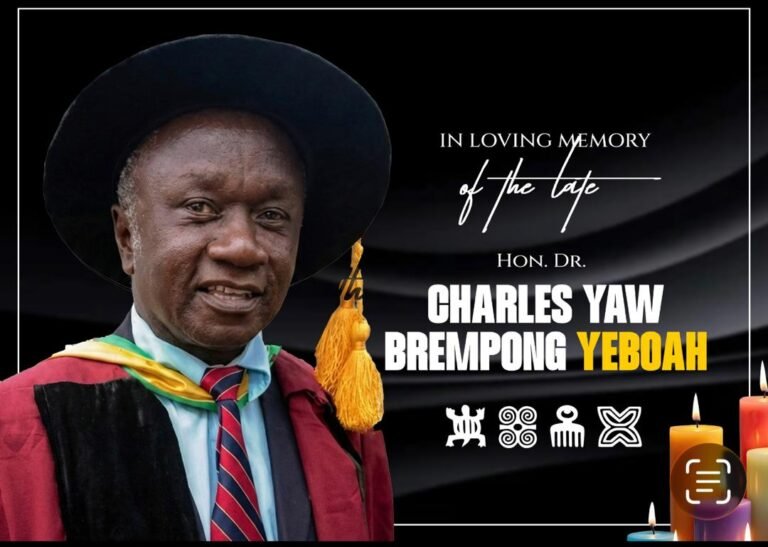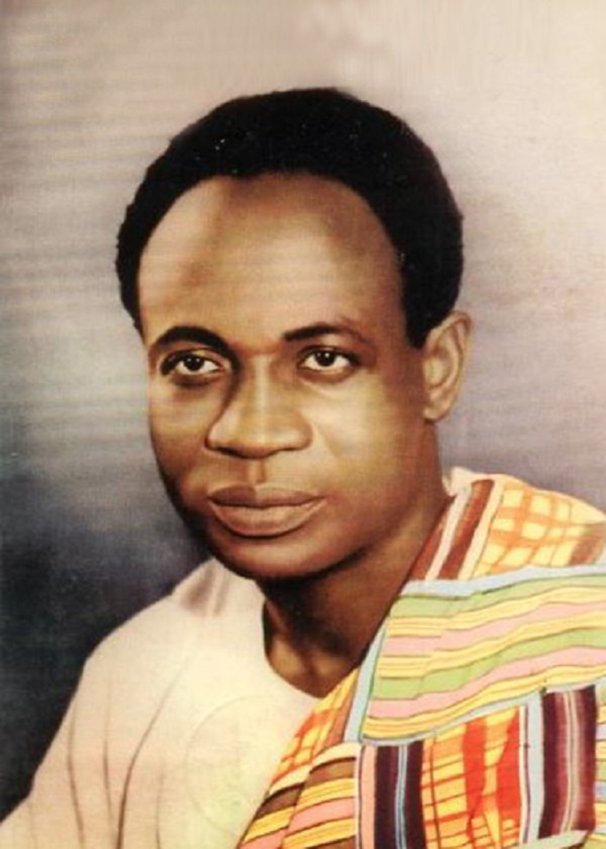
Director of Communications at the IMF, Gerry Rice

The International Monetary Fund (IMF) has described its mission to Ghana as constructive, announcing that another team would soon visit the country for further engagements.
Speaking during a virtual press conference, Director of Communications at the IMF, Gerry Rice, said “we had an IMF staff team in Accra in July [2022] to begin initial discussions with the Ghanaian authorities. And we characterized that mission as constructive, kick started the process, and laid the groundwork for engagement, which now continues”.
“Our Mission Chief for the IMF also recently visited Accra, again, to meet with key counterparts. And we’re hopeful for another visit in the coming weeks, I don’t have a date for you, but in the coming weeks,” he added.
On whether the economic challenges in Ghana were due to external factors, particularly Russian/Ukraine war and Covid-19 pandemic, Mr. Rice affirmed the statement by his Managing Director, Kristalina Georgieva, that Ghana’s economic problems are due to shocks from COVID-19 and the Russian/Ukraine war.
“I would say, as just to repeat, the war in Ukraine has triggered a global economic shock that’s hitting Ghana. And, as I said, many other countries, and all at a time when, for many of these countries, their room for fiscal maneuver, if I could put it that way, is already extremely limited because they’ve used a lot of fiscal power already, firepower already in the pandemic.
“So, the shock coming from the war in Ukraine compounds other pressing policy challenges. And we’re very cognisant of that. And that’s why we are, as I described at the beginning, stepping up to help countries where we can, and that includes Ghana,” he added.
Commitment
The Managing Director of the IMF recently reiterated her outfit’s commitment to reaching agreement with the government by the end of this year for an economic programme.
According to her, Ghana’s current economic woes is not a self-inflicted one but exogenous shocks such as COVID-19 and the Russian/Ukraine Wa
The government is optimistic that the resort to the International Monetary Fund (IMF) will help stabilise the economy and restore buffers to make it stronger.
It said it had been compelled to approach the IMF because the COVID-19 pandemic had depleted the buffers, throwing the economy into an 11 per cent deficit, against the regulated five per cent deficit level.
The Minister of Information, Kojo Oppong Nkrumah, had given the explanation in an interview with the media to throw more light on why the country has approached the IMF to support the government’s economic programme.
He indicated that the Russia-Ukraine war had also added a cost of living crisis of rising fuel and food prices.
“The COVID-19 cost us an unprecedented 11 per cent deficit to fight — when we had legislated not to do more than five per cent. It eroded our buffers and even added more debt,” Mr Oppong Nkrumah said.
“The war has added a cost of living crisis of fuel prices, high food prices and high finance costs at a time when we haven’t recovered from the economic impact of the COVID-19. That is why half of the world’s countries (including Ghana) are asking for support from the IMF,” the Information Minister said
Good deal
President Nana Addo Dankwa Akufo-Addo recently assured Ghanaians that his government would negotiate a good deal that would favour and extricate Ghana from the current economic turmoil, as the country turns to the International Monetary Fund (IMF) for financial relief.
He said the deal the government would negotiate would put the country’s economy back on track, adding that “the NPP is the party concerned with the welfare of the people of Ghana”.
“In the heights of the pandemic when people had to stay home, no single worker was dismissed and there was no salary cut. We supplied free water and ensured a cut in the price of electricity, and that is the concern of NPP. We will be guided by these concerns as we engage the IMF,” the President noted.
The President said the NPP inherited a derailed IMF programme, which the government had worked hard to take the country out until the effects of COVID-19 hit the economy to throw things out of gear.
“We survived the pandemic with one of the lowest mortality rates than any government of any country in the world. We will build an economy that will provide the platform for a victory in the election 2024,” he assured Ghanaians.




